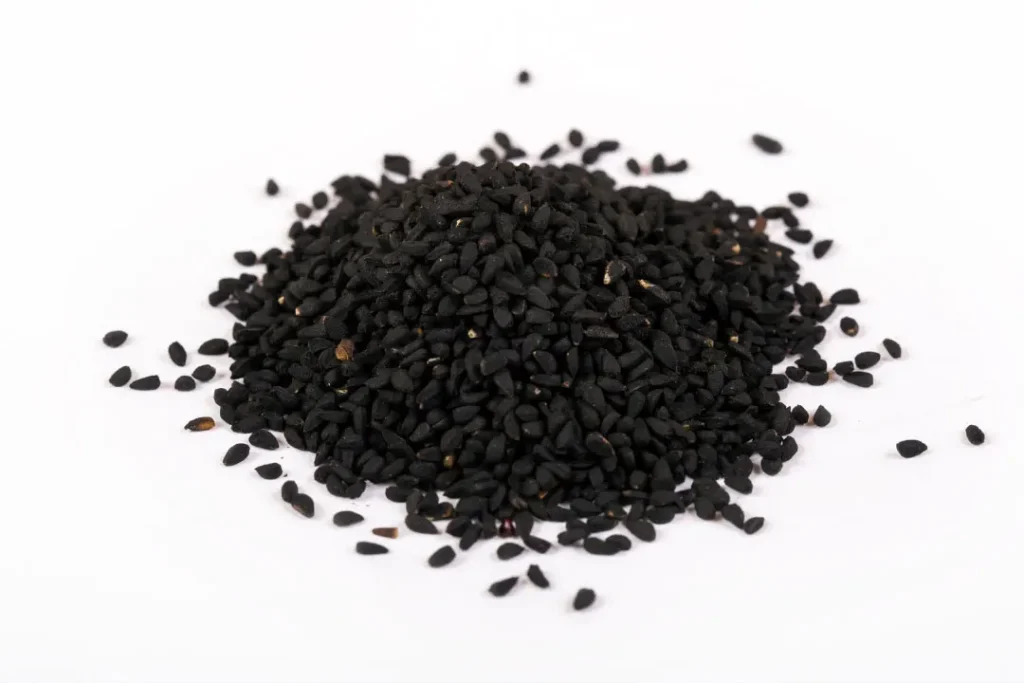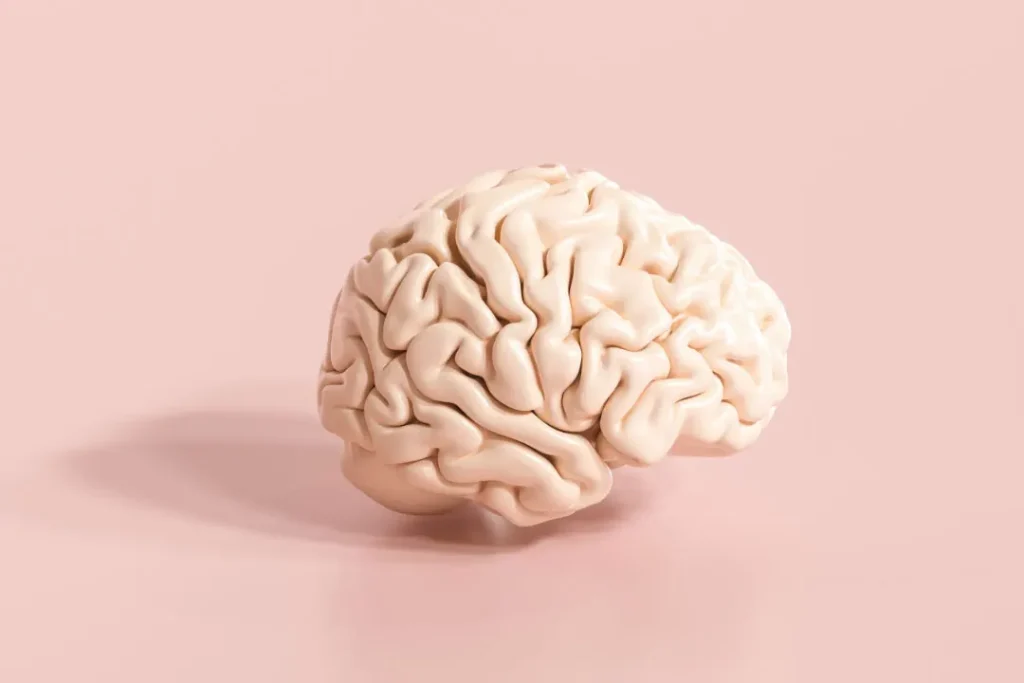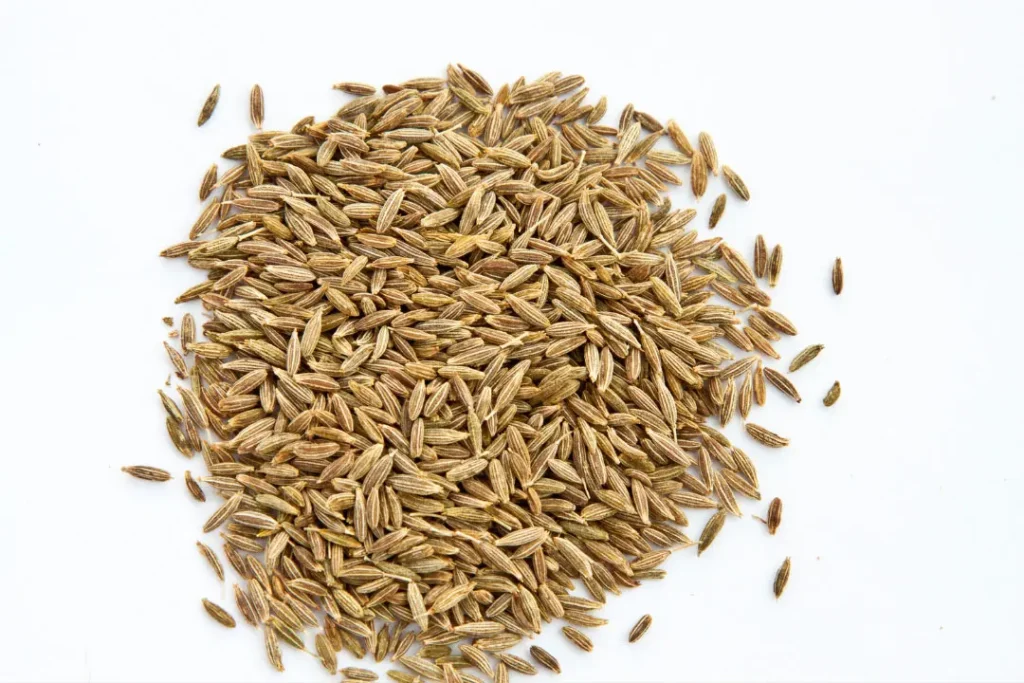Due to its characteristic earthy and warming scent, Cumin (Cuminum cyminum) has been a mainstay of culinary creativity in many civilizations all over the world. Beyond its culinary applications, this spice has long been valued for its countless health advantages in conventional medical procedures. This page offers a thorough examination of Cumin, exploring its chemical composition, health advantages, recommended dose, potential drawbacks, and interactions with other drugs for you to take in as you consider integrating Cumin into your health regimen.
You May Also Like:
Chia Seeds: Benefits, Dosage, Side Effects, Drug Interactions, and Other Important Information
Nature of Cumin
A tiny, slender, annual, herbaceous plant native to the Mediterranean region, Cumin is a member of the Apiaceae family. The main portion utilized in cooking and for health reasons is its seeds, which are frequently mistaken for fruits. Cumin gets its characteristic flavor and therapeutic benefits from the seeds, which are a rich source of bioactive substances and essential oils.
Health Benefits of Cumin
Due to its high phytochemical content, Cumin has a wide range of health advantages, from enhancing immunity to enhancing digestion.
Cumin’s terpenes, particularly Cumin aldehyde, promote the release of pancreatic and stomach enzymes, facilitating effective digestion and nutritional absorption. Additionally, it could aid with indigestion-related symptoms, including bloating and constipation.
Cumin’s phenols and flavonoids have powerful antioxidant properties that scavenge free radicals and lessen oxidative stress. Heart disease, cancer, and neurological illnesses are just a few of the chronic diseases that can be prevented in this way.
Cumin includes substances that can influence your immune response, assisting in the preservation of optimum immunological health. Terpenes found in Cumin are thought to boost immune cell function and provide defense against a variety of infections.
Recent research indicates that Cumin’s antioxidant capabilities may potentially provide neuroprotection. Cumin may help with learning and memory, as well as perhaps delaying the onset of neurodegenerative conditions, including Parkinson’s and Alzheimer’s.

Chemistry of Cumin
Cumin is a potent, nutritional supplement since it is a rich source of several bioactive substances. Terpenes, phenols, flavonoids, and alkaloids are the main chemical components of Cumin seeds. The scent and flavor of Cumin are attributed to the terpenes, which also include Cumin aldehyde, -terpinene, -pinene, and p-cymene. Strong antioxidants, including phenols like caffeic, chlorogenic, and ferulic acids, contribute to Cumin’s health advantages. The flavonoids, such as luteolin and apigenin, also have potential medicinal benefits and antioxidant capabilities.
Physiological Mechanisms of Action
The combination of Cumin’s various bioactive components is the cause of its medicinal effects. We explain the physiological processes that underlie its main health advantages below.
The essential oils in Cumin, particularly Cumin aldehyde, are chiefly responsible for the herb’s beneficial effects on digestion. It causes the liver to release more bile, which facilitates the breakdown and absorption of lipids and several vitamins in the small intestine. Additionally, Cumin has a reputation for boosting the activity of digestive enzymes, which improves the entire digestive process.
Cumin’s flavonoid and phenol levels are the source of its antioxidant properties. By acting as free radical scavengers, these substances lessen oxidative stress in cells. They provide the free radical an electron, neutralizing it and preventing it from causing damage to the cell’s components, including proteins, lipids, and DNA.
The high concentration of essential oils and flavonoids in Cumin is responsible for the spice’s immune-boosting qualities. By affecting the generation and activity of diverse immune cells, these substances seem to control the immunological response. They help to eliminate microorganisms and strengthen your body’s defenses against illnesses.
Cumin’s antioxidant and anti-inflammatory components are principally responsible for its neuroprotective benefits. These lessen two major causes of neurodegenerative illnesses in the brain: neuroinflammation and oxidative damage. There is some evidence that Cumin may prevent the enzyme acetylcholinesterase from degrading the neurotransmitter acetylcholine, which is essential for memory and learning.

Optimal Dosage
Adults can take 300–600 mg of Cumin per day in capsule form; however, this might change depending on the person’s needs and current state of health. It is widely accepted to be safe in food and may be taken in a variety of recipes without worrying about precise dosage.
Side Effects
Although Cumin side effects are uncommon, they might include gastrointestinal problems including heartburn, nausea, and diarrhea, especially when ingested in large quantities. Additionally, Cumin is known to have a hypoglycemic impact, so those who have diabetes should keep an eye on their blood sugar levels when using it.
Interactions with Other Substances
Although Cumin has several advantages, certain chemicals can interact with it. Cumin can amplify the effects of anti-diabetic medications, increasing the risk of hypoglycemia due to its possible hypoglycemic impact. Before adding Cumin to your diet or supplement routine, if you are on these drugs, you should speak with a doctor.
Additionally, Cumin may help reduce thrombotic events by inhibiting platelet aggregation. However, when combined with anticoagulant and antiplatelet drugs, this feature may potentially raise the risk of bleeding.

Best Responsible Uses of Cumin
When ingested in proportions normally found in food, Cumin is typically safe for the majority of individuals. If taken as a supplement, it is important to follow the specified dosage and speak with a doctor, especially for individuals who have underlying medical issues or are on other drugs.
A balanced diet that regularly includes Cumin can have a number of positive health effects. It can be taken as a supplement or used as a spice in food preparation. However, it is crucial to keep in mind that Cumin may be a powerful supplement to a healthy lifestyle but should not be used in place of a balanced diet or prescription drugs.
Cumin is a plentiful source of bioactive chemicals that have a wide range of health advantages. While most individuals find it to be generally safe, it is important to know the best way to use it.

Cumin: Conclusion
Many people around the world already enjoy Cumin as part of their food preparation and consumption. Growing numbers of people are learning to use Cumin as a supplement to harness its potential to change health for the better. Cumin benefits systems like your immune system and digestive system. Cumin is packed with antioxidants and catalyzes the presence of enzymes needed for digestion. The plant and/or its seeds should be ingested carefully, when intended for medical use. Reflect upon your health issues and needs, then consider how Cumin might aid in the reduction of your specific health problems with this information and your doctor’s advice in mind.
References:
- “Cumin Extract for Symptom Control in Patients with Irritable Bowel Syndrome: A Case Series.” Retrieved From: https://www.ncbi.nlm.nih.gov/pmc/articles/PMC3990147/
- “Antioxidant Properties of Spices, Herbs and Other Sources.” Retrieved From: https://link.springer.com/book/10.1007/978-1-4614-4310-0
- “Cumin.” Retrieved From: https://www.sciencedirect.com/topics/agricultural-and-biological-sciences/Cumin
Important Note: The information contained in this article is for general informational purposes only, and should not be construed as health or medical advice, nor is it intended to diagnose, prevent, treat, or cure any disease or health condition. Before embarking on any diet, fitness regimen, or program of nutritional supplementation, it is advisable to consult your healthcare professional in order to determine its safety and probable efficacy in terms of your individual state of health.
Regarding Nutritional Supplements Or Other Non-Prescription Health Products: If any nutritional supplements or other non-prescription health products are mentioned in the foregoing article, any claims or statements made about them have not been evaluated by the U.S. Food and Drug Administration, and such nutritional supplements or other health products are not intended to diagnose, treat, cure, or prevent any disease.


